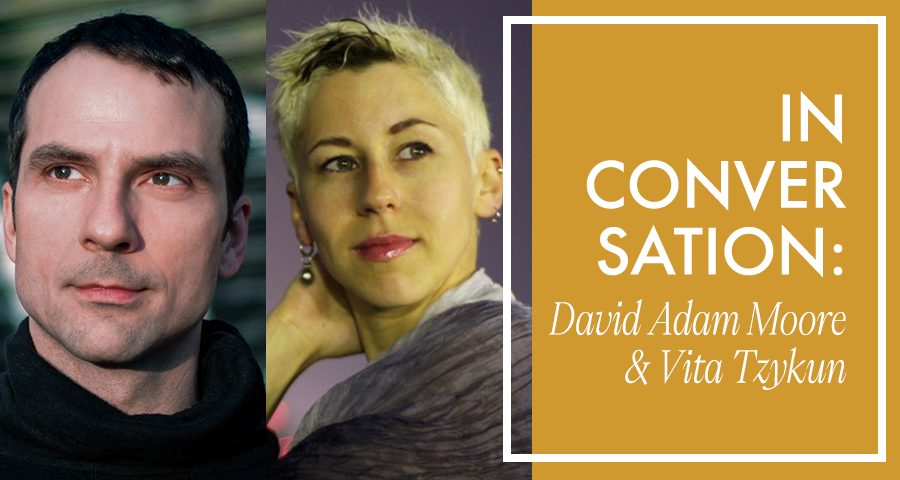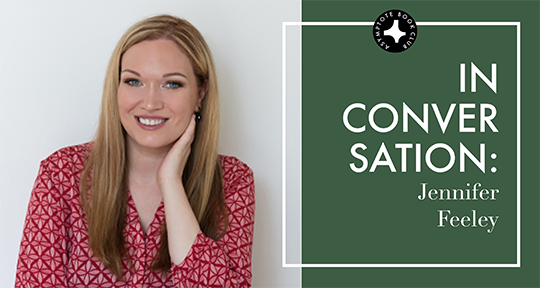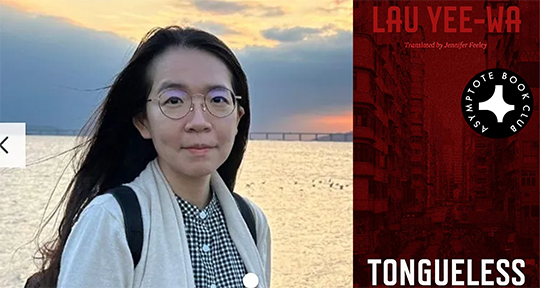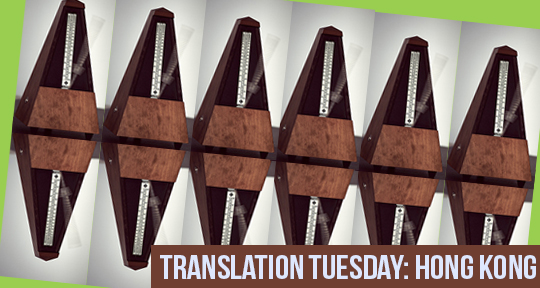This week we bring you news from Sweden and Hong Kong, as well as news from our brand new Editor-at-Large, Alan Mendoza Sosa, in Mexico! In Sweden, Eva Wissting provides an update on the nominees for the prestigious August Prize; in Mexico, Alan Mendoza Sosa gives us an insight into the 41st edition of Oaxaca’s International Book Fair; and in Hong Kong, Charlie Ng takes us through the Poetics of Home Festival and an important new database including works of Hong Kong literature. Read on to find out more!
Eva Wissting, Editor-at-Large, reporting from Sweden
Autumn is the season of literary awards in Sweden! Last week, the nominees of the August Prize, the most prestigious literary award of Swedish literature, were announced. There are six nominees each in three categories: fiction, nonfiction, and children’s literature. Named after the internationally acclaimed modernist playwright August Strindberg, the award was established in 1989 by the Swedish Publishers’ Association. In the fiction category, the nominees include, among other titles, Elin Cullhed’s Euforia—a fictionalized depiction of Sylvia Plath during her final year, which Canongate plans to publish in 2023 in English translation by Jennifer Hayashida. Also nominated is Maxim Grigoriev’s Europa—a novel about an immigrant experience of exile, which has already won the EU Prize for Literature. Grigoriev is also a literary translator from Russian into Swedish and has translated works by Nick Perumov, Olga Slavnikova, and Venedikt Yerofeyev. The nonfiction category includes literary scholar and translator Anders Cullhed’s Dante—an illustrated biography, published in time for the 700th anniversary of the passing of the Italian author—and publisher and literary translator Nils Håkanson’s Dolda gudar (Hidden Gods)—a book about literary translation that emphasizes the central role of the translator. The winners will be announced on November 22 at a live broadcast gala.
Another literary award in the Nordic region is the Nordic Council Literature Prize. This year, fourteen books from Denmark, Finland, the Faroe Islands, Greenland, Iceland, Norway, the Sami language area, Sweden, and Åland have been nominated, with the winners due to be announced on November 2. The two Swedish nominees are Johanne Lykke Holm for the novel Strega, and Andrzej Tichý for the short story collection Renheten (Purity). Lykke Holm is a writer, creative writing teacher, and literary translator from Danish to Swedish, who has translated Josefine Klougart and Yahya Hassan. Tichý has published several novels, short stories, nonfiction, and criticism, as well as being nominated for the August Prize in 2016. Last year’s Summer issue of Asymptote includes a review of Tichý’s novel Wretchedness from 2020 in English translation by Nichola Smalley.
Alan Mendoza Sosa, Editor-at-Large, reporting from Mexico
Between October 15-24 the 41st edition of Oaxaca’s International Book Fair took place, in Oaxaca, a state in the south of Mexico that is synonymous with culture, history, and social activism. The lively attendance by both writers and readers reflected a rekindled enthusiasm among members of the literary community after lockdown. READ MORE…









